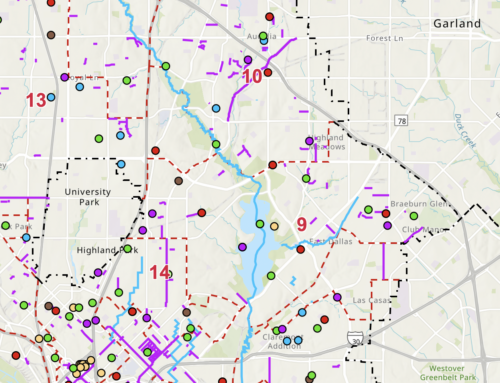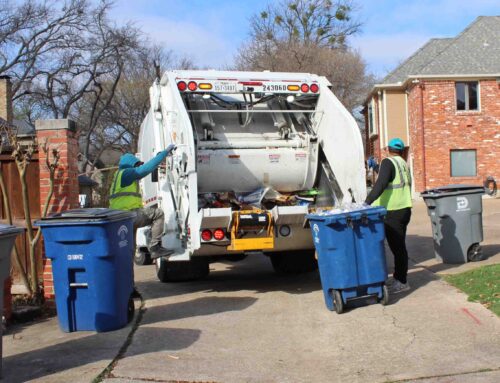Probably less than 10 percent of us
The analysts and politicians were wringing their hands after the March city council elections in Los Angeles, where turnout was just 16 percent. “Awful” and “embarrassing,” said the city council president.
We should be so lucky. One projection for turnout for this month’s council’s elections: the low single digits.
Why we care so little about municipal elections has always baffled me. It’s not like they aren’t entertaining, given the variety of candidates and the — how shall we say — unusual positions they espouse. Dwaine Carraway in south Dallas has offered fashion advice, while the late Billy Jack Ludwig handed out emery boards instead of campaign buttons during his perpetually unsuccessful runs for mayor. And it’s not like the candidates don’t spend lots and lots of money to get our interest. Brint Ryan’s 2009 campaign in Preston Hollow cost $1 million, and the mayoral races regularly run into seven figures.
But we don’t care. Most of us have a variety of opinions about Jerry Jones, who could vanish tomorrow and not change our lives at all, but nothing to say about the people who tax us and make sure we have police and fire protection.
SMU professor and political analyst Cal Jillson, who made the single-digit prediction, says we don’t care because the stakes appear lower in city elections than in state and federal elections. Fixing potholes and running libraries don’t seem as important as the defense budget, income taxes and the like. In city elections, he says, it’s about property values, and as long as the outcome doesn’t threaten the value of our homes, we just aren’t that interested.
There’s probably a lot of truth to that. Turnout in north Dallas during last year’s GOP primary for U.S. senator helped Ted Cruz shock front-runner David Dewhurst, but those same people will almost certainly not vote this month, despite contested elections in Preston Hollow and far north Dallas. The former is especially intriguing, given that Roger Staubach’s daughter is running against the candidate endorsed by the still popular Mitch Rasansky, who represented the district for eight years at the beginning of the century.
And turnout probably won’t be much better to replace Angela Hunt in the M Streets, where seven candidates are on the ballot. This provided a number of interesting sights during the campaign, where the candidates weren’t much outnumbered by the audience at several forums.
One commenter, when I wrote about this on the Advocate blog, blamed the news media for the low turnout, saying that we don’t do a good job publicizing city elections. As much as I would like to agree with him, given how I feel about Dallas’ mainstream media, I don’t think that’s the cause. It has never been easier or simpler to get election information, thanks to the Internet, and one of the few things that the city’s TV stations and daily newspaper do well is cover elections.
And Jillson’s analysis, as persuasive as it is, doesn’t seem to explain everything. I can’t help but think that Dallas’ form of government, where an all-but-anonymous city manager and staff handle the day-to-day operations, makes it easier for us not to care. It’s one thing to rail about waste and inefficiency in Washington, where we have faces to rail at, but it’s much more difficult to complain when there doesn’t seem to be anyone to complain about. Do most of us even know we have a city manager, let alone who it is?
And the city council likes it that way, since it gets them off the hook when they screw up (as the city council almost always does). Taxes too high? Talk to the city manager. Libraries closed? We didn’t do it – it’s the city manager. Pothole not fixed? Check with the city manager. (It’s Mary Suhm, by the way).
How many of us can say we have a job where we get on the news, get paid, and don’t have to be accountable for our actions? Nice work if you can get it.




